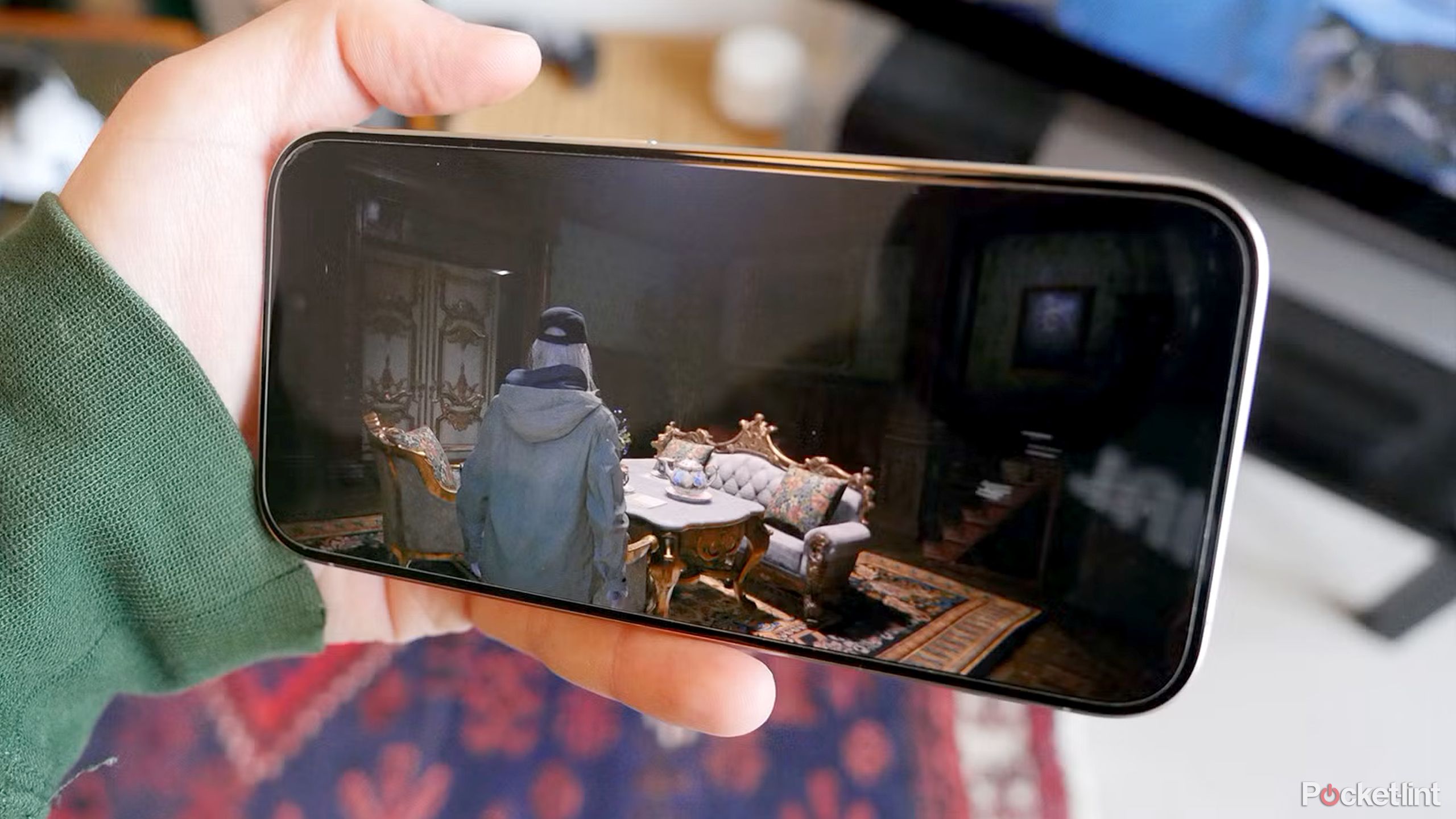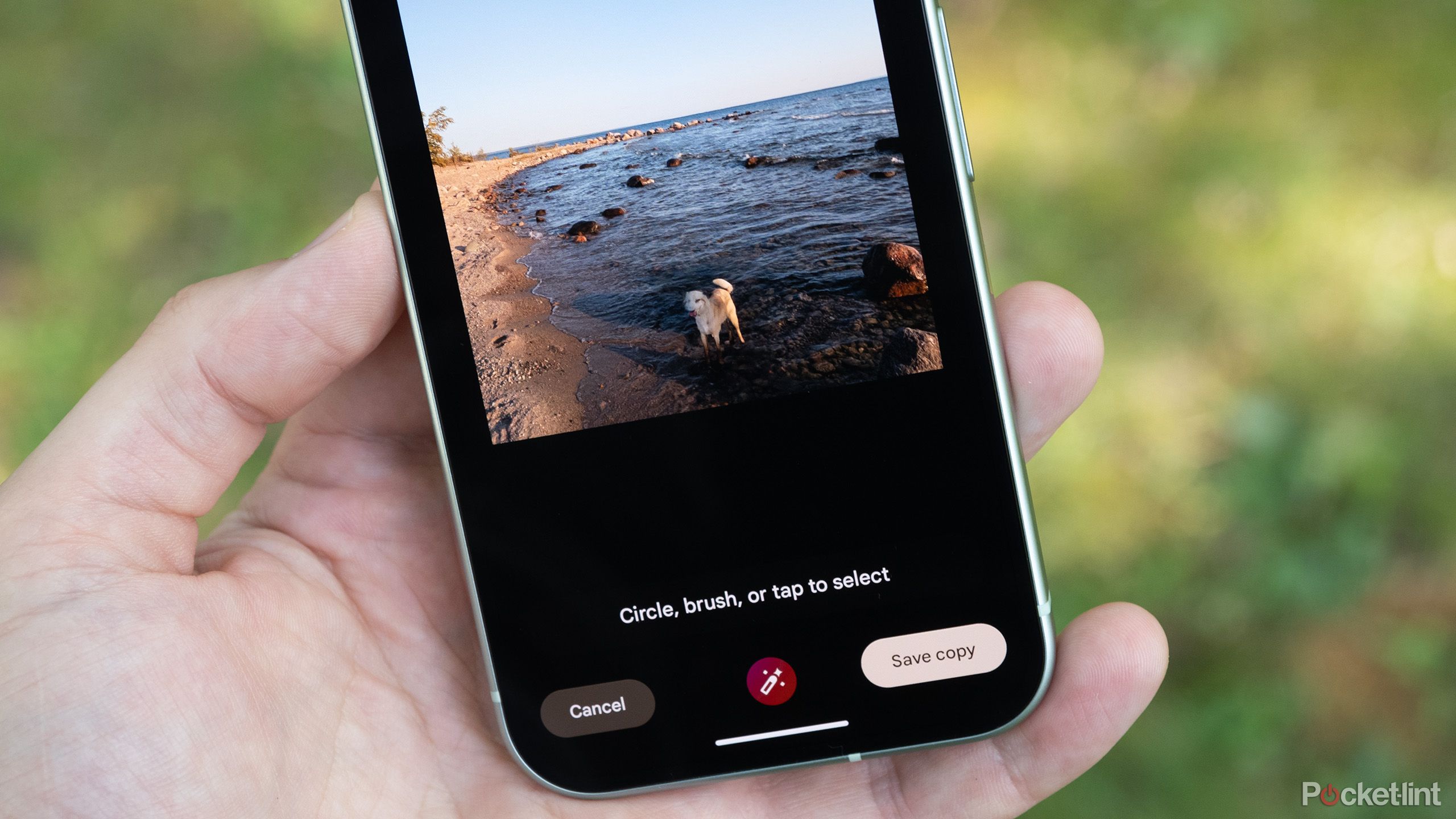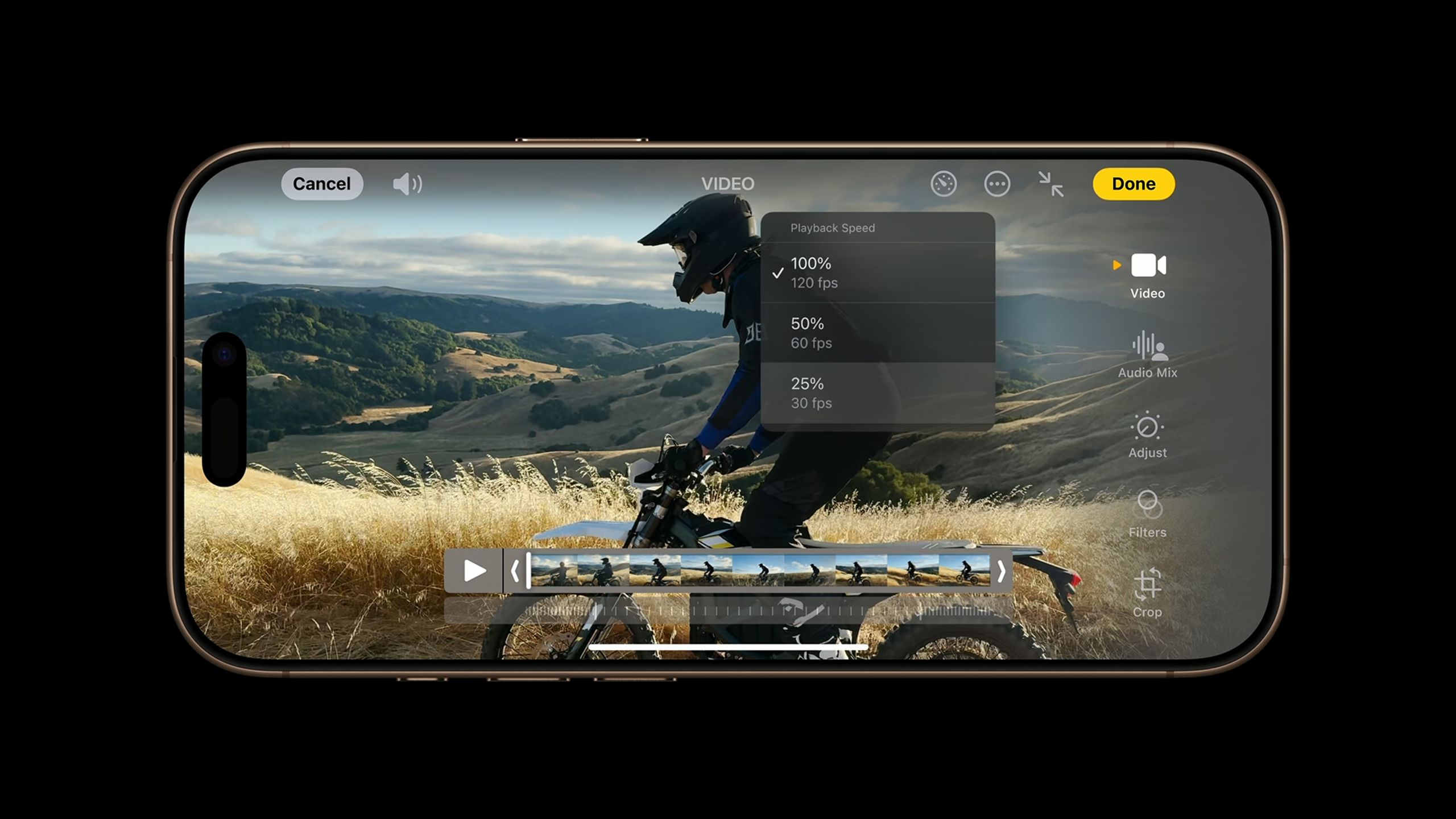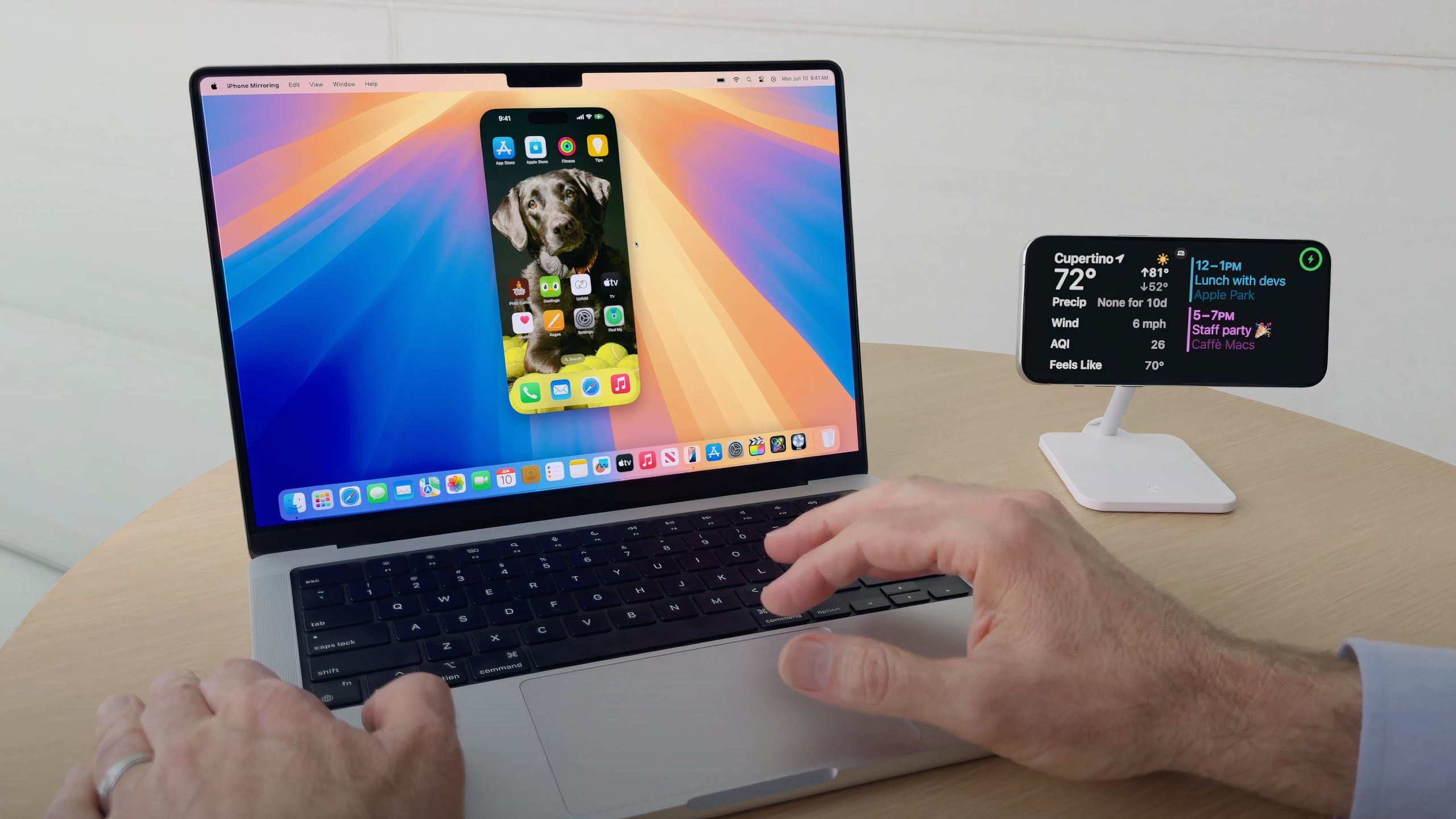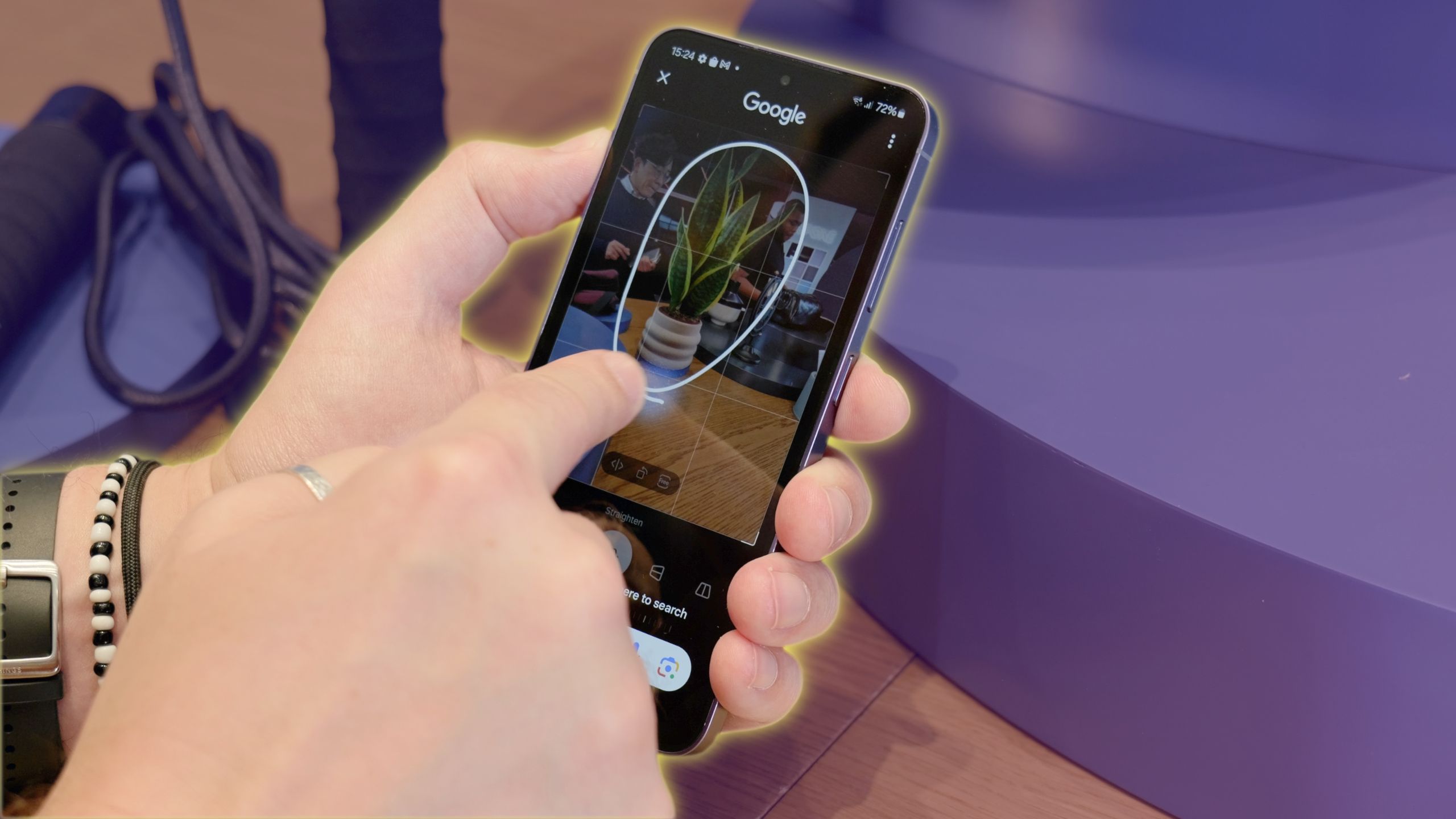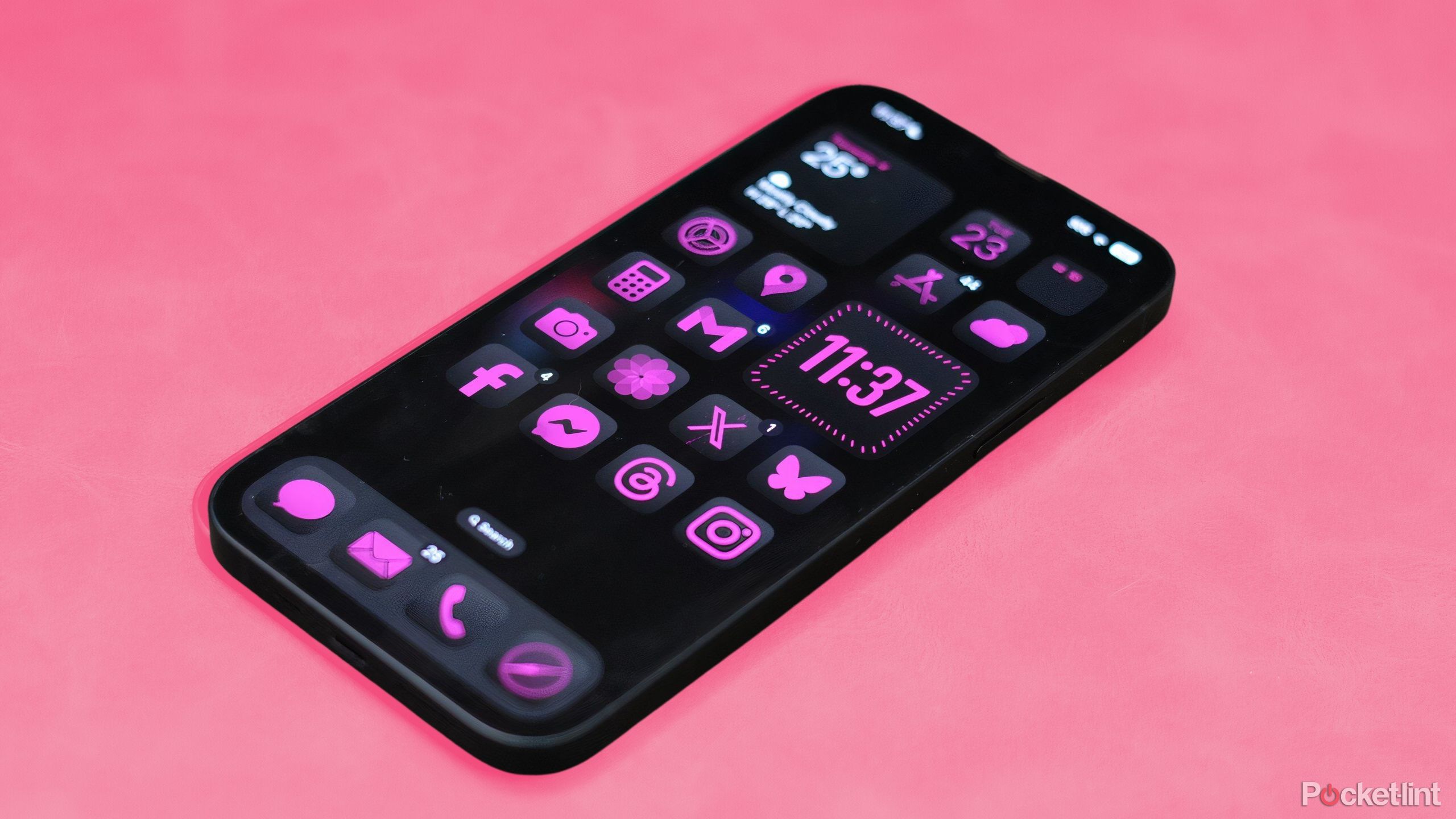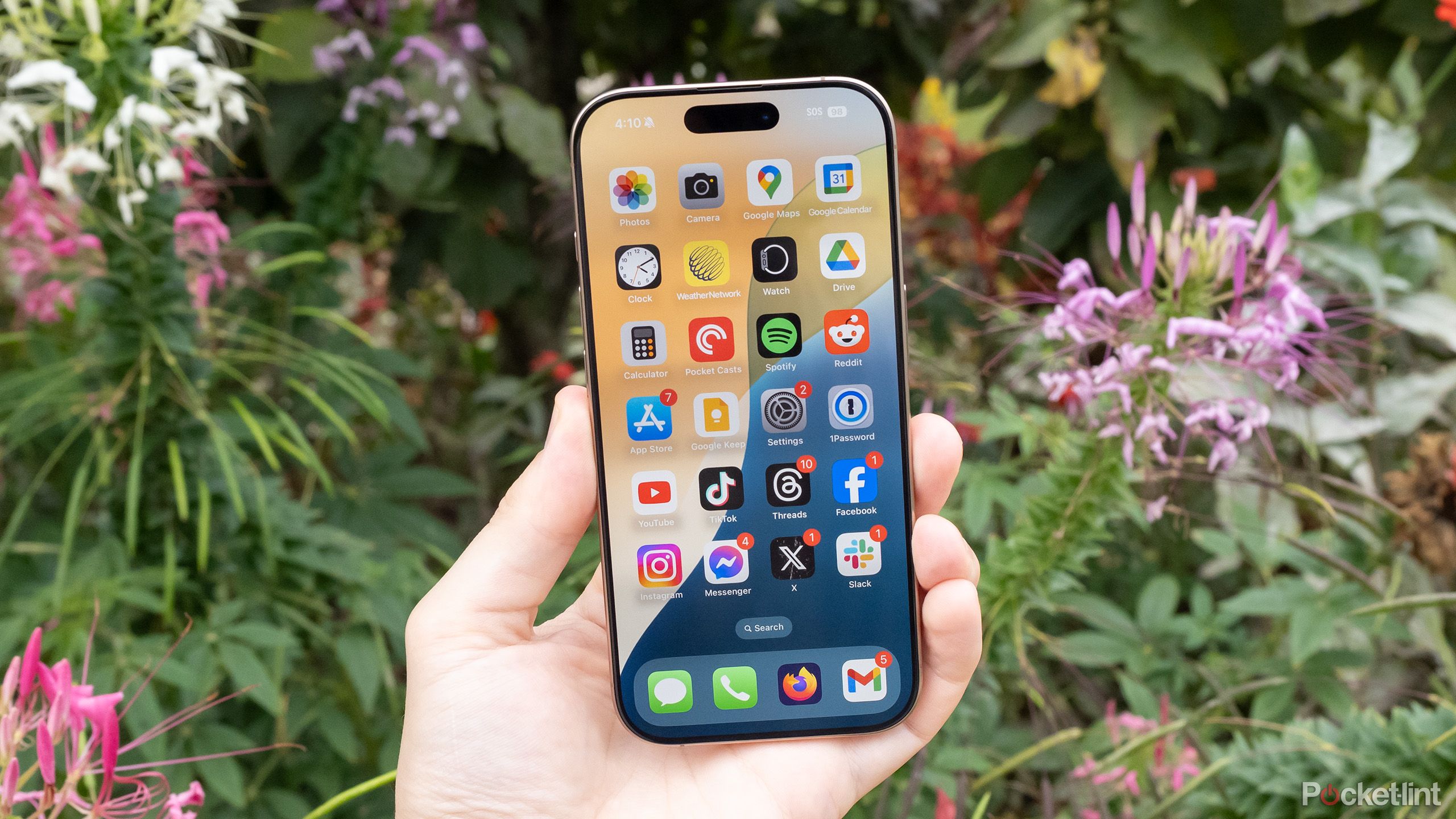Key Takeaways
- iPhones have the edge in areas like video recording, platform integration, and raw performance.
- Pixels excel in photo and AI features, as well as offering more flexibility in their apps and customization.
- The best option will probably depend on your exact use case.
While the smartphone world has mostly been split into the iPhone and Android camps since 2008, some of you might be surprised to learn that Google only started shipping the first Pixel phones in 2016. Even then, they’ve often remained niche, bought primarily by people wanting up-to-the-second Android features. Google’s been making a harder push in recent times, though, which seems to be paying off.
If you’re shopping for a new phone, then, there’s a good chance you’re weighing the latest iPhones against the latest Pixels. But, is there anything fundamentally better about owning an iPhone over a Pixel, or vice versa? I’ll try to cover that as broadly as possible, rather than just concentrate on the iPhone 16 and Pixel 9 lineups.
Related
These are all of the Apple Watch’s safety features
While one of these features could save you or a loved one, you do need these specific Apple Watch models to have access.
iPhone vs Pixel: performance
How much juice do you really need?
It’s true that the iPhone 16 tends to beat the Pixel 9 in processor benchmarks, but in practice, you probably won’t notice a huge speed difference between equivalent iPhones and Pixels. That’s because the devices are vastly overpowered by most of the apps they’re running — you don’t need a state-of-the-art chip to browse Reddit or Instagram smoothly.
Benchmarks might start to matter more if you’re interested in playing top-end 3D games.
Apple’s main advantage is a long headstart in custom chip design. The company has been using A-series chips since the 2010 iPhone 4, so its tech is hyper-optimized for iOS, including aspects like memory use, power consumption, and machine learning. The first Google Tensor processors didn’t launch until the 2021 Pixel 6, and like other Android devices, Pixels seem to require more RAM to achieve the same performance as iPhones.
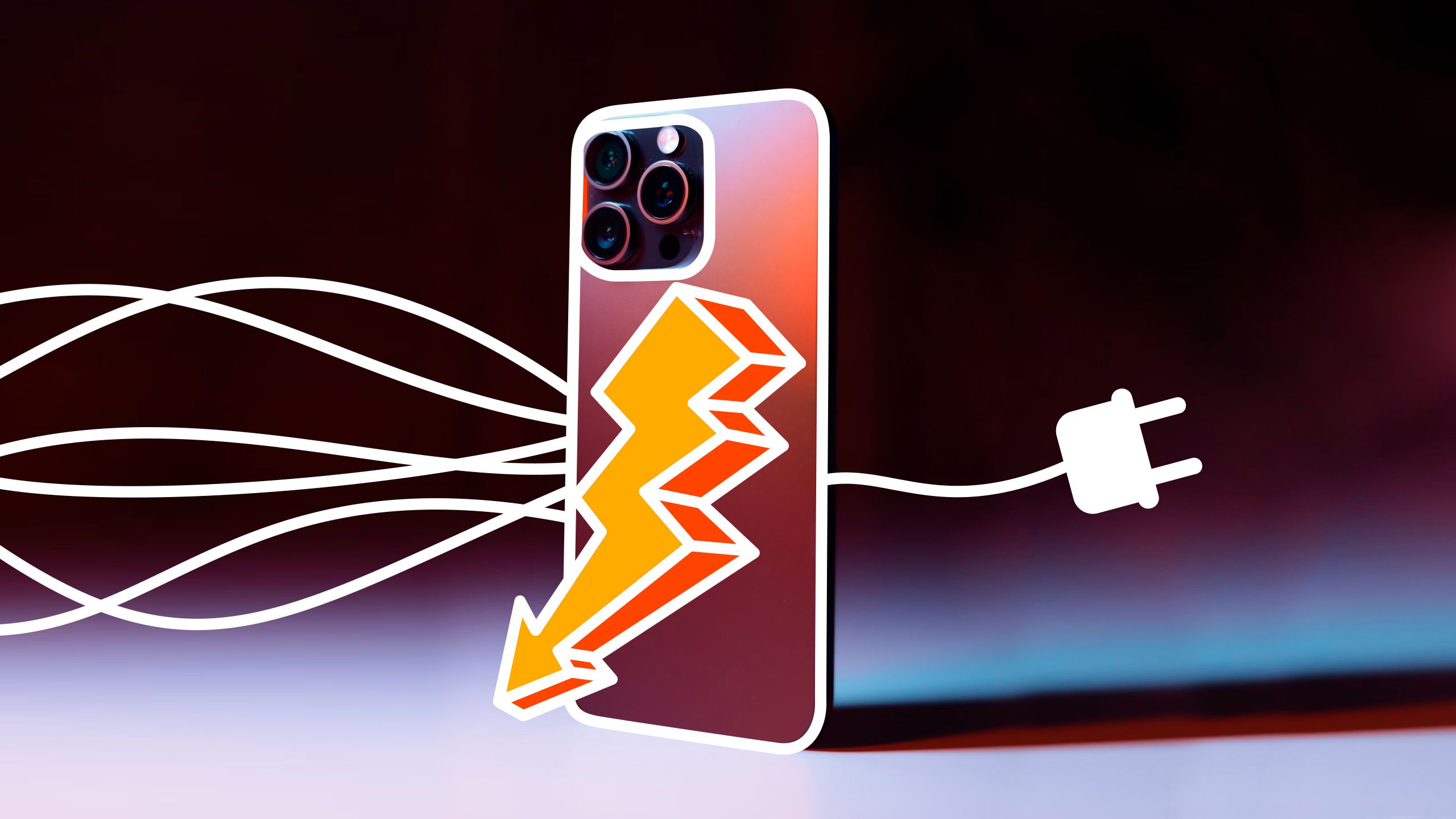
Related
How fast can I charge my iPhone?
You’ll need Apple’s latest iPhones to get the fastest possible charging.
Benchmarks might start to matter more if you’re interested in playing top-end 3D games. The iPhone 15 Pro and iPhone 16 series can produce console-quality graphics, as evidenced by the ports of Resident Evil Village and Assassin’s Creed Mirage. But Pixels are still plenty capable if you want to play games like Fortnite or PUBG Mobile, and most hardcore gamers will choose a console or PC regardless, since it means a larger screen and better control options — not to mention a real choice in storefronts.
iPhone vs Pixel: photos and videos
The most subjective category
Typically, Pixels win out when it comes to photography. You can take excellent shots with an iPhone, but people seem to prefer Google’s processing algorithms, and the latest Pixels have some AI editing functions that iPhones can’t match, such as Best Take and the Magic Editor. The latter enables things like repositioning objects or changing the color of the sky. Apple has introduced AI options like Clean Up as of iOS 18.1, but if you want maximum flexibility, Pixels are where it’s at.
iPhones tend to be the best smartphones available when it comes to video.
Apple also tends to be conservative with camera specs. Consider that while the Pixel 9 Pro has a 50-megapixel wide camera, a 48-megapixel ultra-wide, and a 48-megapixel 5x telephoto, even the iPhone 16 Pro Max uses a 48-megapixel wide camera instead, and its telephoto lens is limited to 12 megapixels. A higher megapixel count doesn’t always guarantee superior quality, but it at least offers more flexibility for image size and cropping.
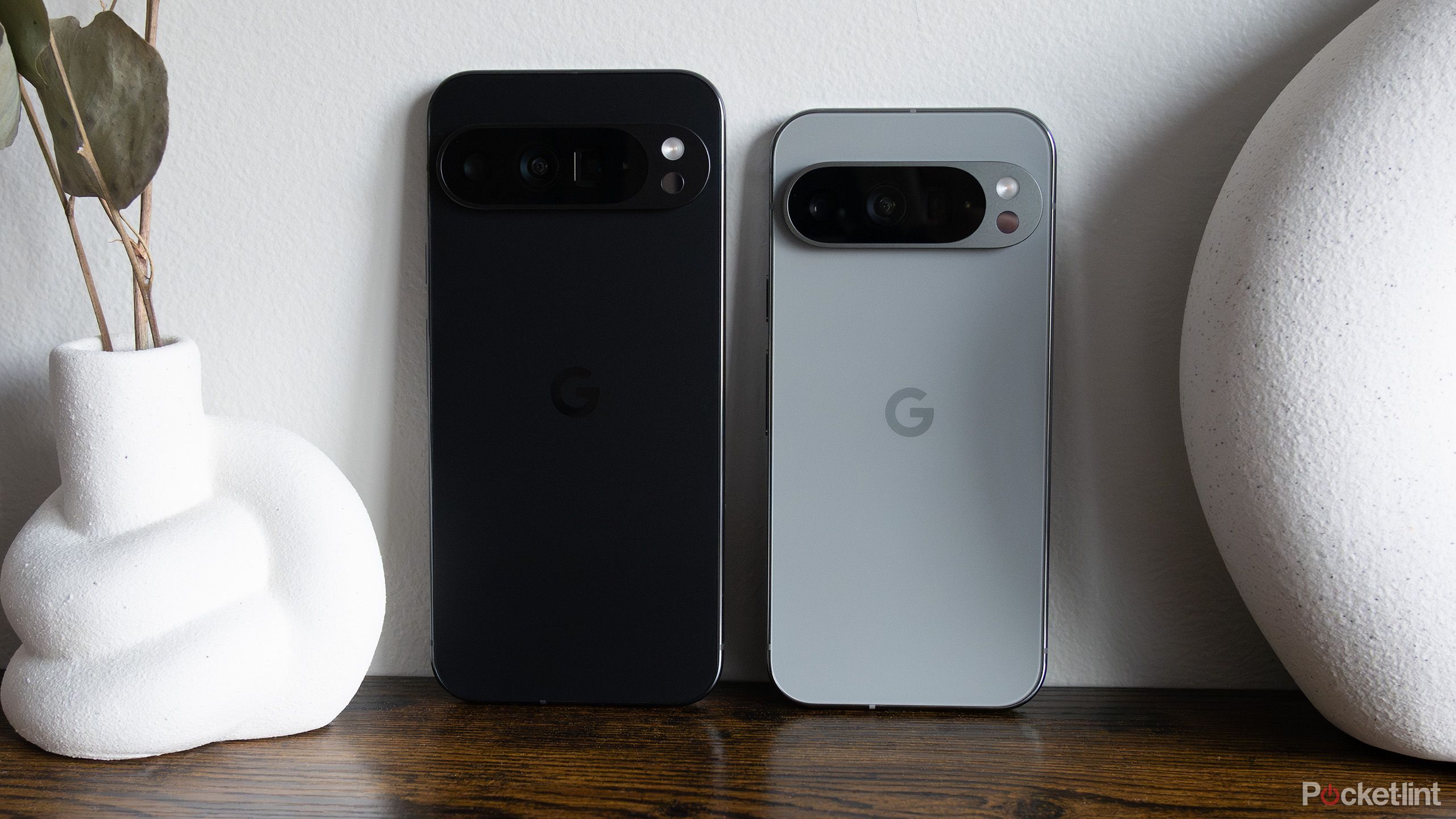
Related
Google’s Pixel 9 Pro has one of the best smartphone cameras I’ve ever used
If you’re an avid smartphone photographer, the Pixel 9 Pro is the device you need in your life.
Apple
iPhones tend to be the best smartphones available when it comes to video. Apple knows it — the iPhone 16 Pro announcement featured a music video for The Weeknd that was shot entirely on an iPhone. While no iPhone is capable of 8K — something the Pixel 9 Pro is getting soon — even the base iPhone 16 delivers excellent 4K output, further boosted by features like Audio Mix sound selection and both hardware and software stabilization.
There are similar video aids on Pixels, to be clear, and with either platform, you’ll want to buy a Pro model if you’re serious about professional-grade output. It’s just that iPhones tend to deliver more reliable recording quality, some occasional lens flare issues notwithstanding.
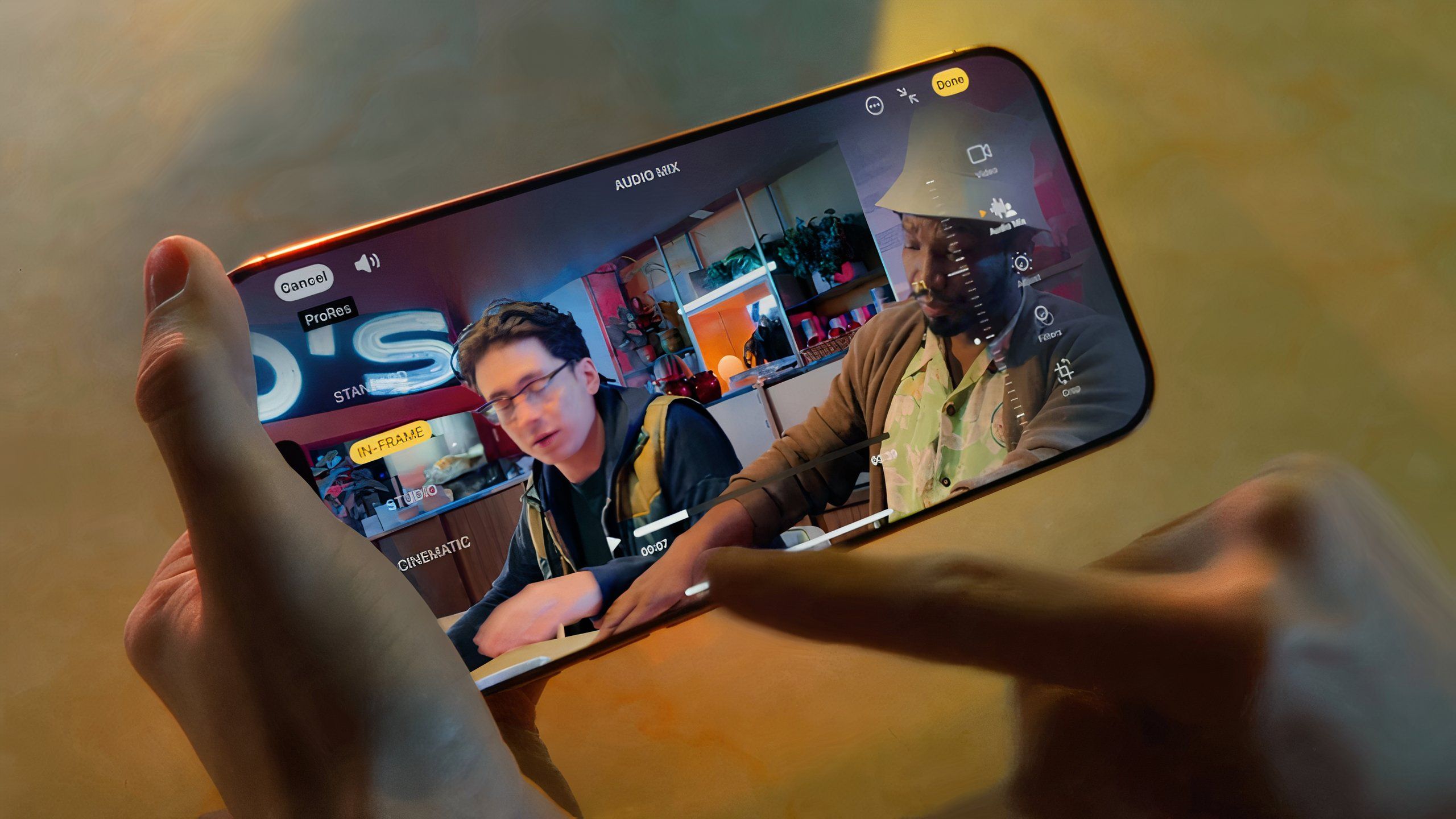
Related
Is the iPhone 16 Pro worth buying for photographers and videographers?
Calling something Pro doesn’t always make it professional.
iPhone vs Pixel: software
A question of freedom and AI versus integration
Apple / Pocket-lint
One of the main reasons to choose an iPhone is if you already own other Apple products or plan to get them. If you’ve got an Apple TV 4K, for example, you’ll see controls pop up on your iPhone when you’re watching a movie, and if you own a Mac or iPad, you can easily take iPhone calls on them. There’s a seemingly endless amount of integrations, and Google is still playing catch-up, although it does now have Apple-like features such as Audio Switch and Find My Device. There is a price to pay — the more Apple products you own, the more expensive it is to transition back to Android.
I’d also choose a Pixel if you have a smart home in mind, since
Apple HomeKit
is notorious for its “no response” errors.
The chief software advantage of Pixels is AI.
Speaking of which, freedom is an area where Pixels excel. There are fewer restrictions on what apps can do on Android, and the platform continues to support more customization than iOS, even with iOS 18 out the door. It’s easier to make a Pixel “yours,” and you may be able to do more with it, depending on your interests. Apple only opened up support for game emulators earlier in 2024, which is pretty telling.
Pocket-lint
The chief software advantage of Pixels is AI. On recent Pixel devices you’ve got options like circle-to-search, image generation, and Gemini voice prompts that combine your (secure) personal data and web content. Depending on your country, some of the best AI features are actually calling-related, like automatic call screening or having the AI hold your spot for you on a support hotline. With Call Notes, you can get summaries of conversations — helpful if you’re like me and easily forget important details.
Apple is way behind in the AI arena. Its generative AI tech, Apple Intelligence, is only arriving on iPhones with iOS 18.1, and it’s going to take months for the full set of options to deploy. Even then, Google is expected to retain the lead for another year or longer.
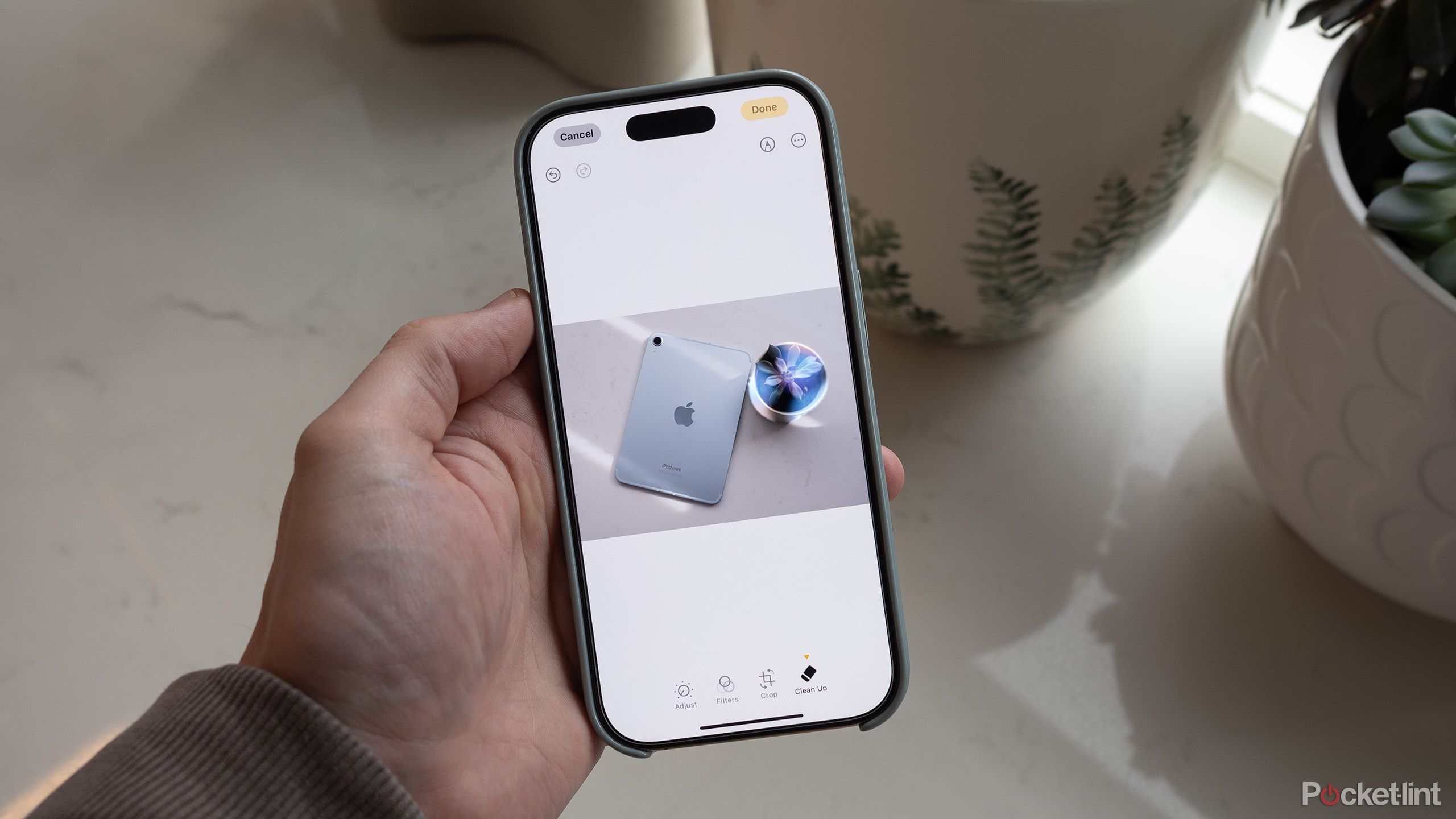
Related
Apple Intelligence has one feature that’s actually useful
Apple Intelligence has yet to win me over, but iOS 18.1’s new Clean Up tool is doing some serious heavy lifting.
That said, both iOS and Android are easy to use, sharing many of the same interface conventions and access to the most popular apps. Unless those Pixel AI features sound like must-haves, you won’t have any complaints about an iPhone, with or without Apple Intelligence.
Who wins in the end?
It might be a gentleman’s truce
I’ve chosen the iPhone camp myself, but only because I’ve been rooted in the Apple ecosystem for several years already. When you’ve got a dozen or more Apple products in your household, it just makes sense to upgrade to the latest iPhone — especially if your old ones have delivered the goods so far.
It’s a question of which ecosystem you’re in and if there are any specific features you want.
I actually quite like the new Pixels, to the point that I wish my iPhone 16 Pro had some of their features, like automatic call screening. My verdict, then, is that there’s no massive advantage in getting an iPhone over a Pixel, or the reverse — it’s a question of which ecosystem you’re in and if there are any specific features you want. A vlogger or gamer might naturally choose an iPhone, but if you’re a busy office worker who wants to cut out distractions and track down info in a hurry, a Pixel could make more sense. You’ll have to consider the pros and cons I’ve mentioned and decide which ones you value most.
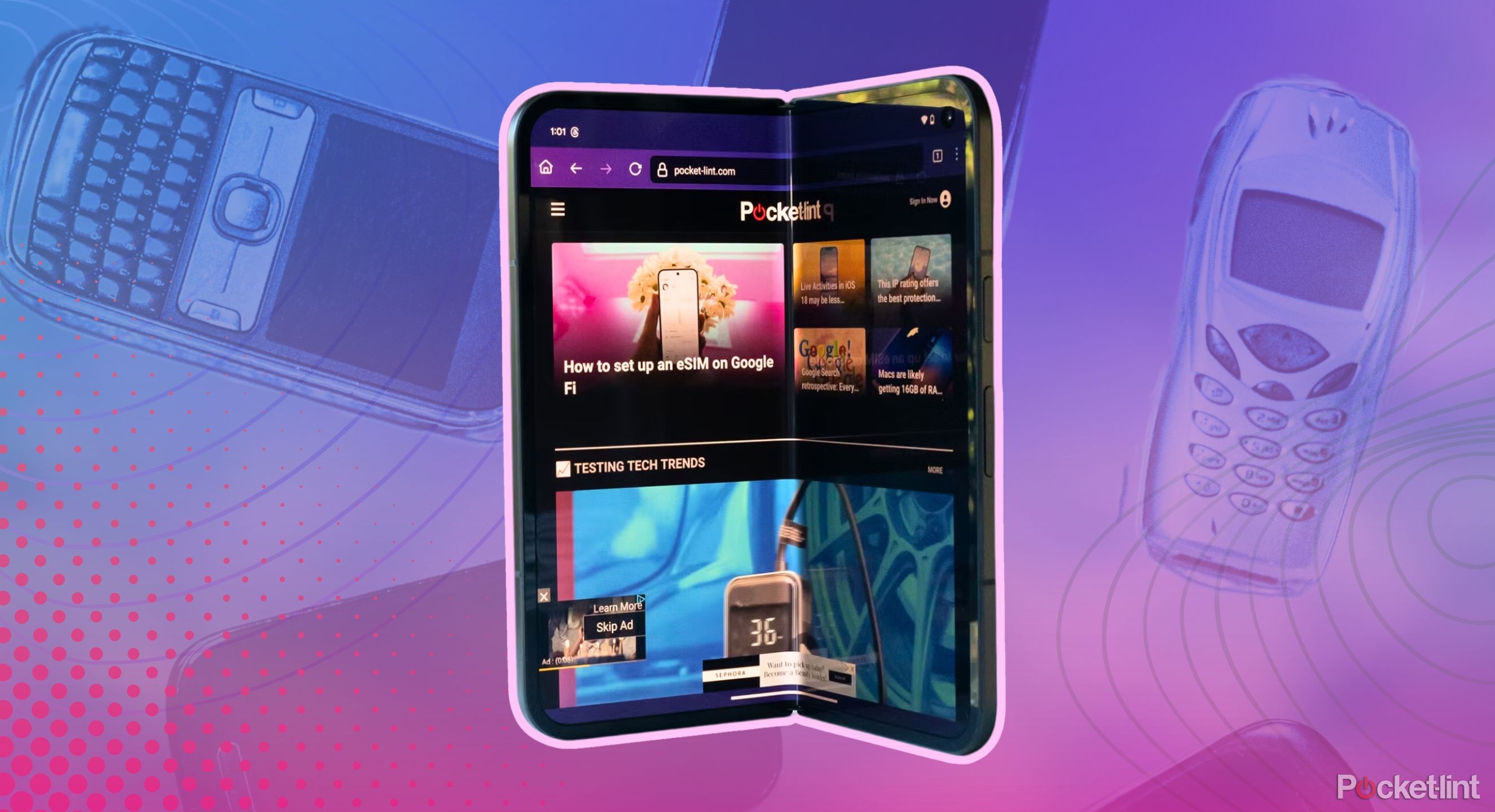
Related
The age of the annual smartphone upgrade is over… for now
It might flare back to life for a few years, but I wouldn’t count on it.
Trending Products

Cooler Master MasterBox Q300L Micro-ATX Tower with Magnetic Design Dust Filter, Transparent Acrylic Side Panel, Adjustable I/O & Fully Ventilated Airflow, Black (MCB-Q300L-KANN-S00)

ASUS TUF Gaming GT301 ZAKU II Edition ATX mid-Tower Compact case with Tempered Glass Side Panel, Honeycomb Front Panel…

ASUS TUF Gaming GT501 Mid-Tower Computer Case for up to EATX Motherboards with USB 3.0 Front Panel Cases GT501/GRY/WITH Handle

be quiet! Pure Base 500DX ATX Mid Tower PC case | ARGB | 3 Pre-Installed Pure Wings 2 Fans | Tempered Glass Window | Black | BGW37

ASUS ROG Strix Helios GX601 White Edition RGB Mid-Tower Computer Case for ATX/EATX Motherboards with tempered glass, aluminum frame, GPU braces, 420mm radiator support and Aura Sync

CORSAIR 7000D AIRFLOW Full-Tower ATX PC Case â High-Airflow Front Panel â Spacious Interior â Easy Cable Management â 3x 140mm AirGuide Fans with PWM Repeater Included â Black


